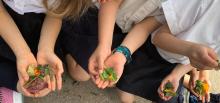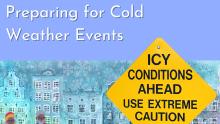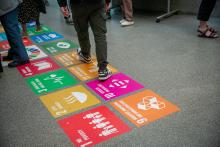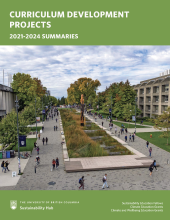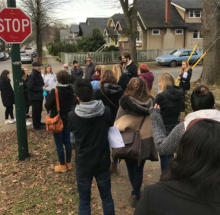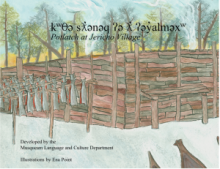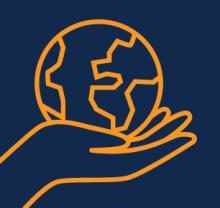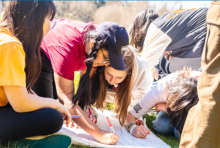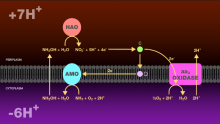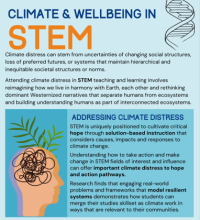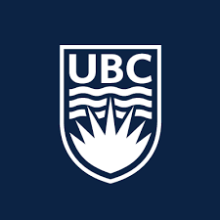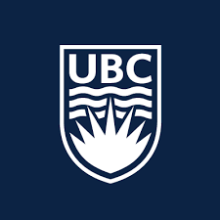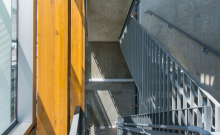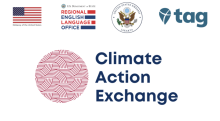The following resource provides two university-level teaching modules: Climate Change and Physical Activity and Climate Change and Diet and Nutrition. The resource includes downloadable PDF slide decks and an accompanying summary brochure suitable for classroom use.
Physical Activity Module: Climate change is increasingly shaping how, where, and whether people are able to engage in physical activity. This module explores the bidirectional relationship between climate change and physical activity, highlighting the health benefits of movement, the challenges posed by environmental stressors, and the risks of inactivity. Understanding these relationships supports informed decision-making that promotes both personal health and climate-conscious physical activity.
Nutrition Module: Climate change is reshaping global food systems, influencing food availability, affordability, and nutritional quality. This module explores how climate change affects agriculture, food security, and dietary patterns, while also examining how food choices and waste contribute to environmental impacts. By examining these interactions, the module highlights opportunities to support health and sustainability through more resilient and responsible dietary practices.
If you'd like access to the PPT files, please contact us at the Sustainability Hub.

